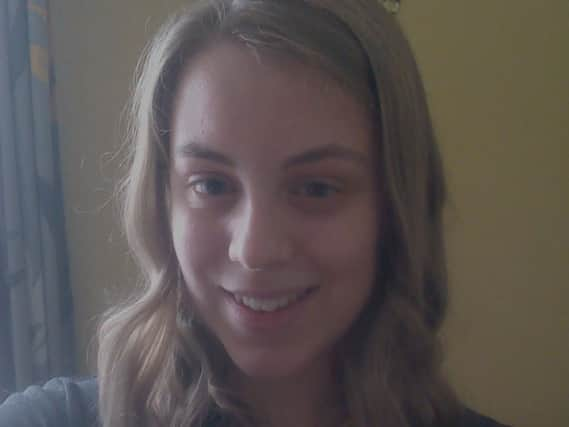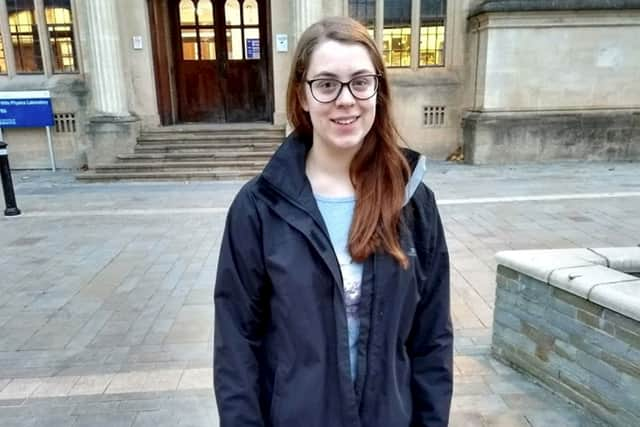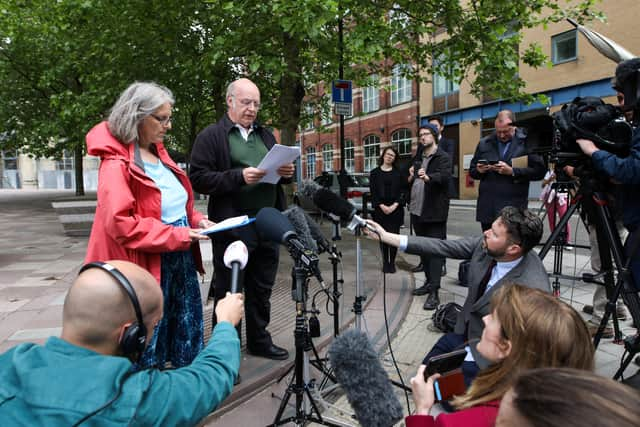University of Bristol intends to appeal to High Court against ruling it ‘contributed’ to student’s suicide


The University of Bristol has announced its intention to appeal after it was ruled to have “contributed” to the death of a suicidal student, and ordered to pay £50k to the family in damages.
Natasha Abrahart took her own life in April 2018 the day before she was due to give a presentation to fellow students and staff in a 329-seat lecture theatre. The second-year physics student had been diagnosed with chronic social anxiety disorder two months earlier.
Advertisement
Hide AdAdvertisement
Hide AdIn May, Judge Alex Ralton found that the university had discriminated against the student. He also said it breached its duties to make reasonable adjustments to the way it assessed Natasha.
Last Wednesday, a Bristol County Court judge refused to give permission for the university to appeal against the ruling that it was in breach of the Equality Act. Now the university is seeking permission from the High Court.
In a statement, a university spokesperson said: “We would like to make it clear that this appeal is not against the Abrahart family, nor are we disputing the specific circumstances of Natasha’s death. We remain deeply sorry for their loss and we are not contesting the damages awarded by the judge.


“In appealing, we are seeking absolute clarity for the higher education sector around the application of the Equality Act when staff do not know a student has a disability, or when it has yet to be diagnosed.”
Advertisement
Hide AdAdvertisement
Hide AdThey added: “In Natasha’s case, academic and administrative staff assisted Natasha with a referral to both the NHS and our Disability Services, as well as suggesting alternative options for her academic assessment to alleviate the anxiety she faced about presenting her laboratory findings to her peers.
“However the judgement suggests they should have gone further than this, although Natasha’s mental health difficulties had not been diagnosed.
“It is important that students and their families are clear on what universities can and cannot do, and that students receive appropriate specialist care under the NHS should they need it.”
However, Natasha’s grieving father Robert, 65, said he was disappointed the university could not accept the original verdict.


Advertisement
Hide AdAdvertisement
Hide AdHe said: “They still do not seem to understand the Equality Act.”
The family’s lawyers argued that the university breached the Equality Act 2010 when it failed to adjust its regime of oral assessments in light of Natasha’s social anxiety disorder.
These breaches, the family’s lawyers argued, caused a deterioration in Natasha’s mental health leading to her death.
In a 46-page written judgment, Judge Ralton found that the university had: “breached its duties to make reasonable adjustments to the way it assessed Natasha; engaged in indirect disability discrimination against Natasha; and treated Natasha unfavourably because of the consequences of her disability.”
He found that these breaches led to her death.
Advertisement
Hide AdAdvertisement
Hide AdWhen life is difficult, Samaritans are here – day or night, 365 days a year. You can call them for free on 116 123, email them at [email protected], or visit www.samaritans.org to find your nearest branch.